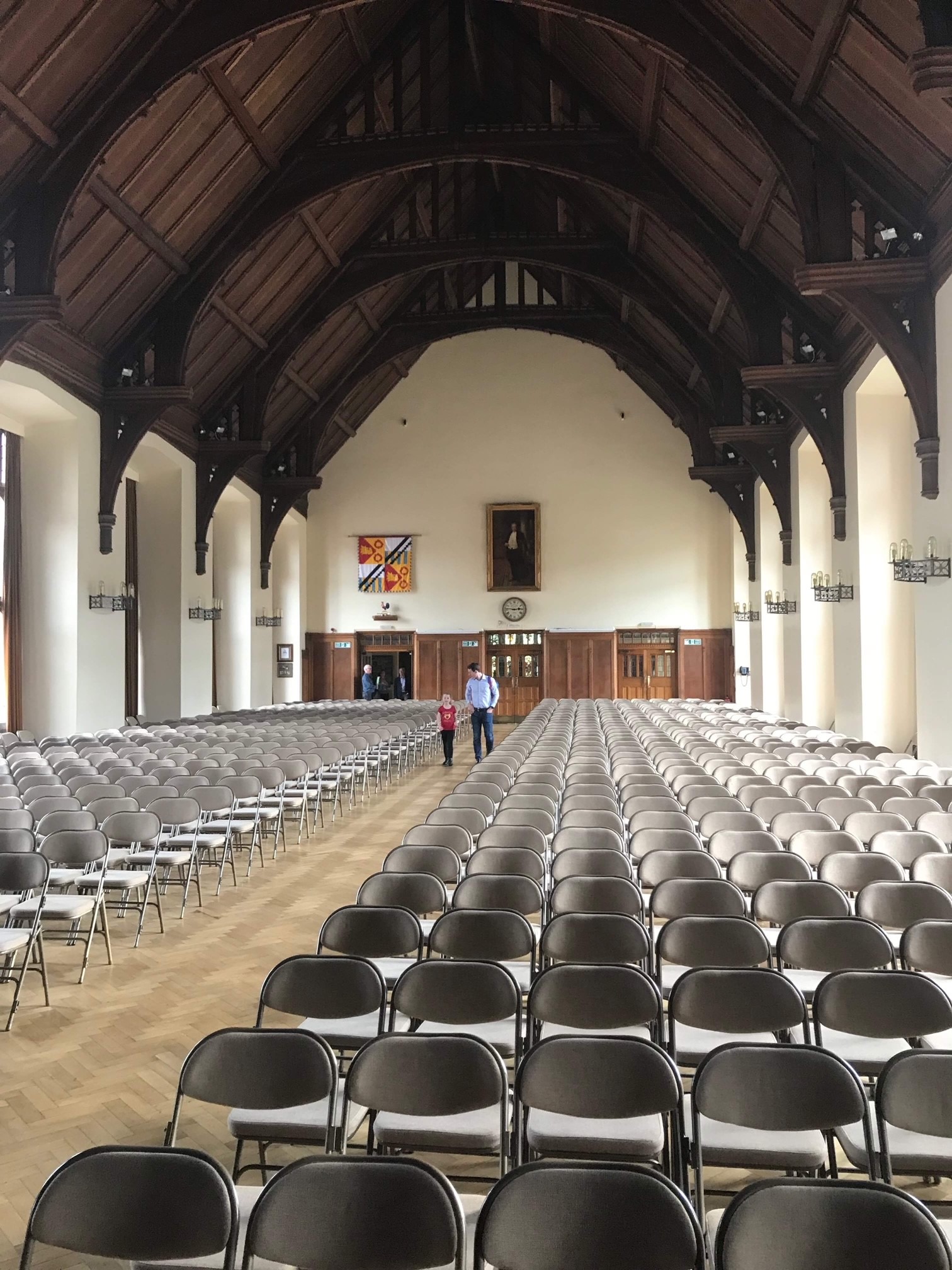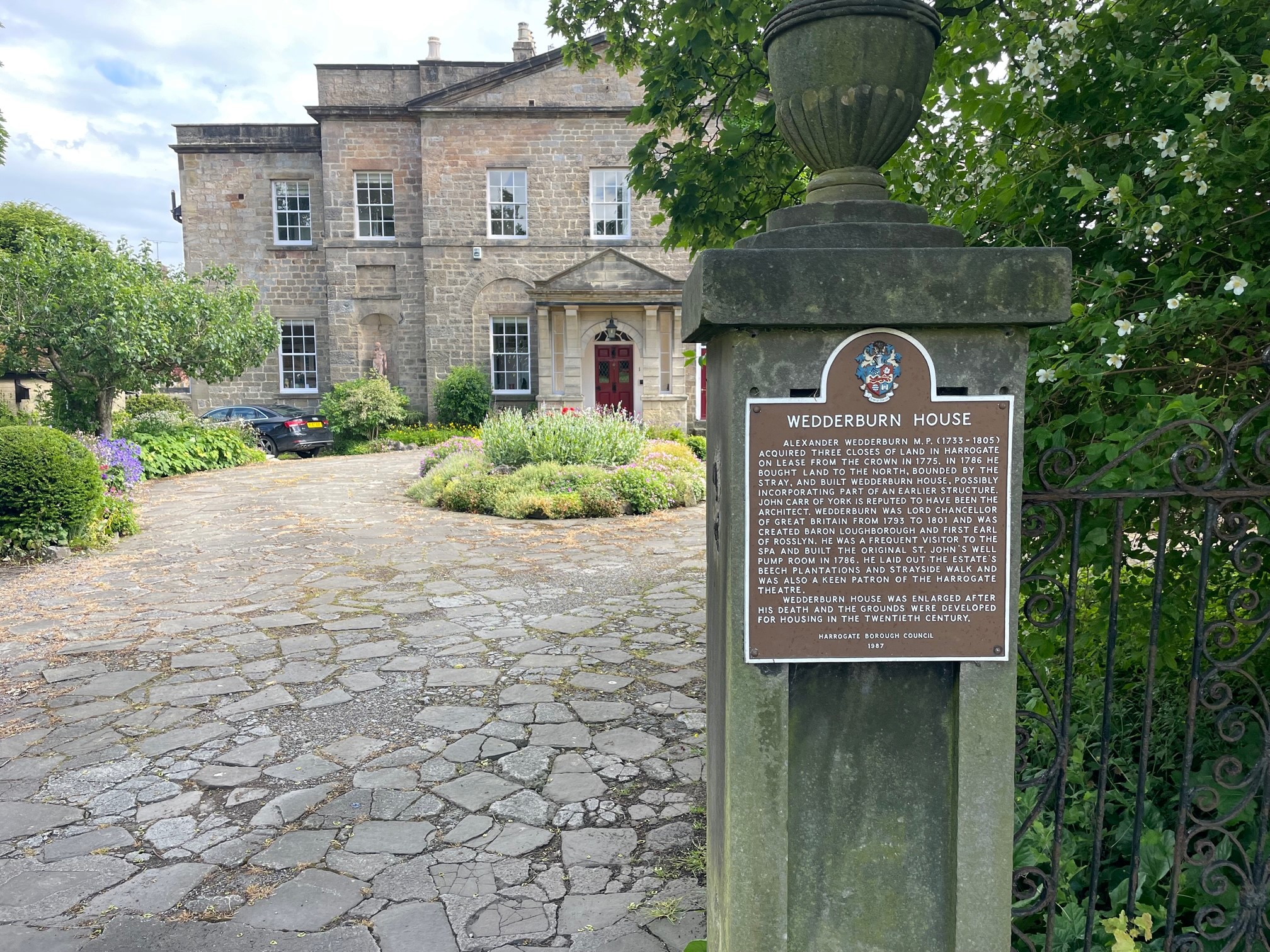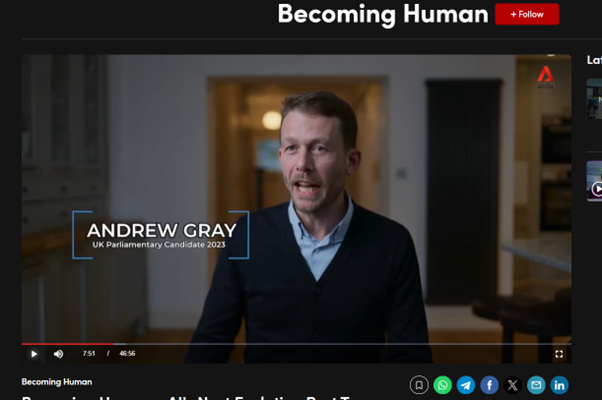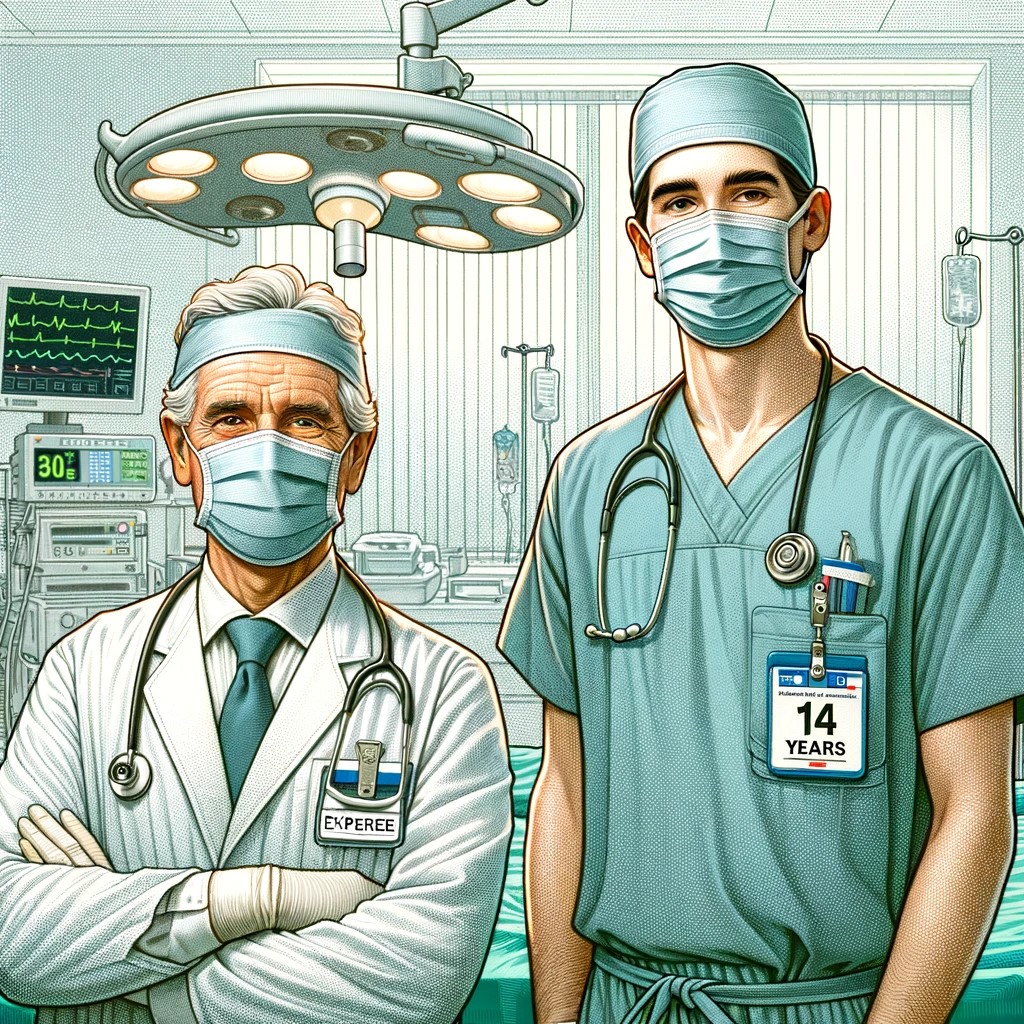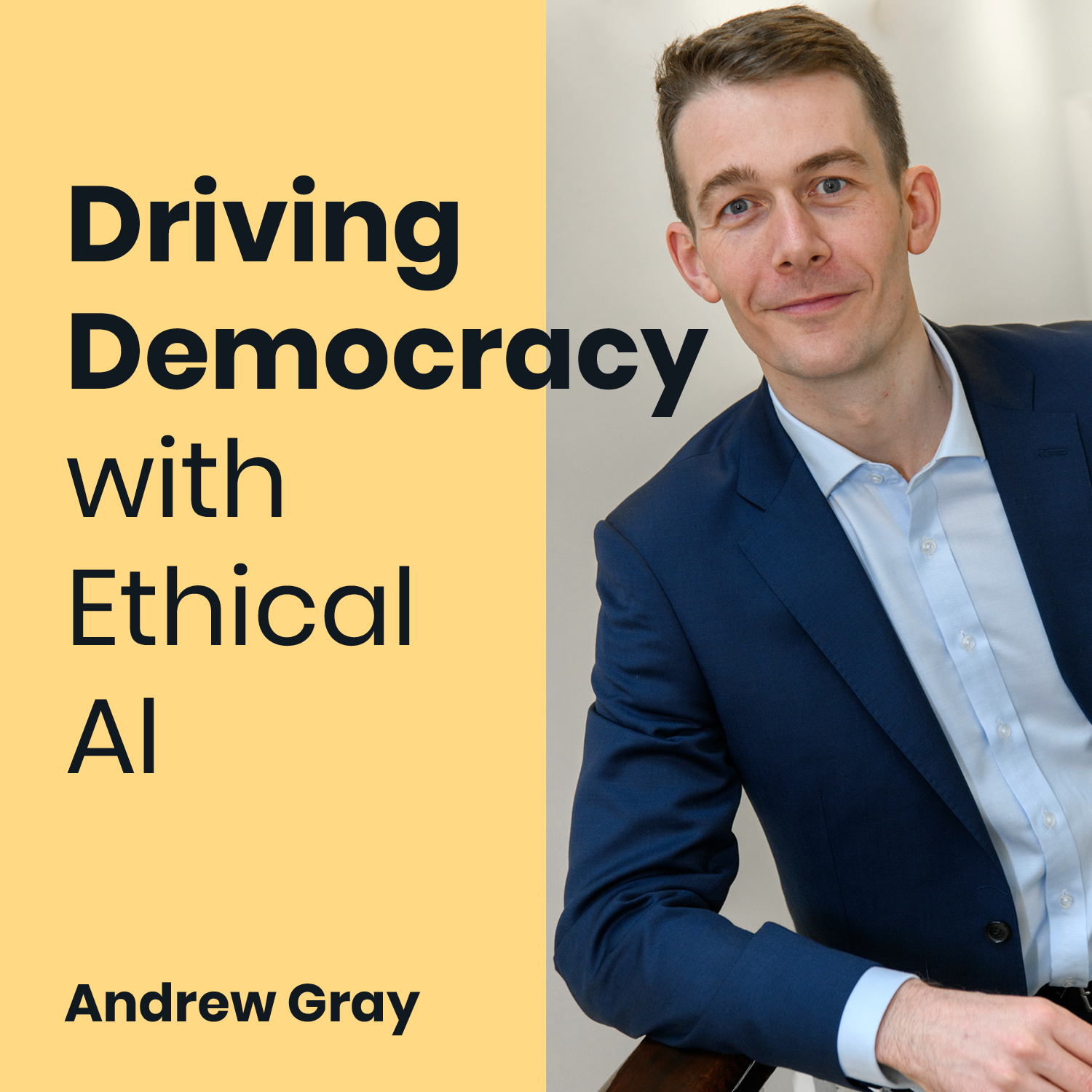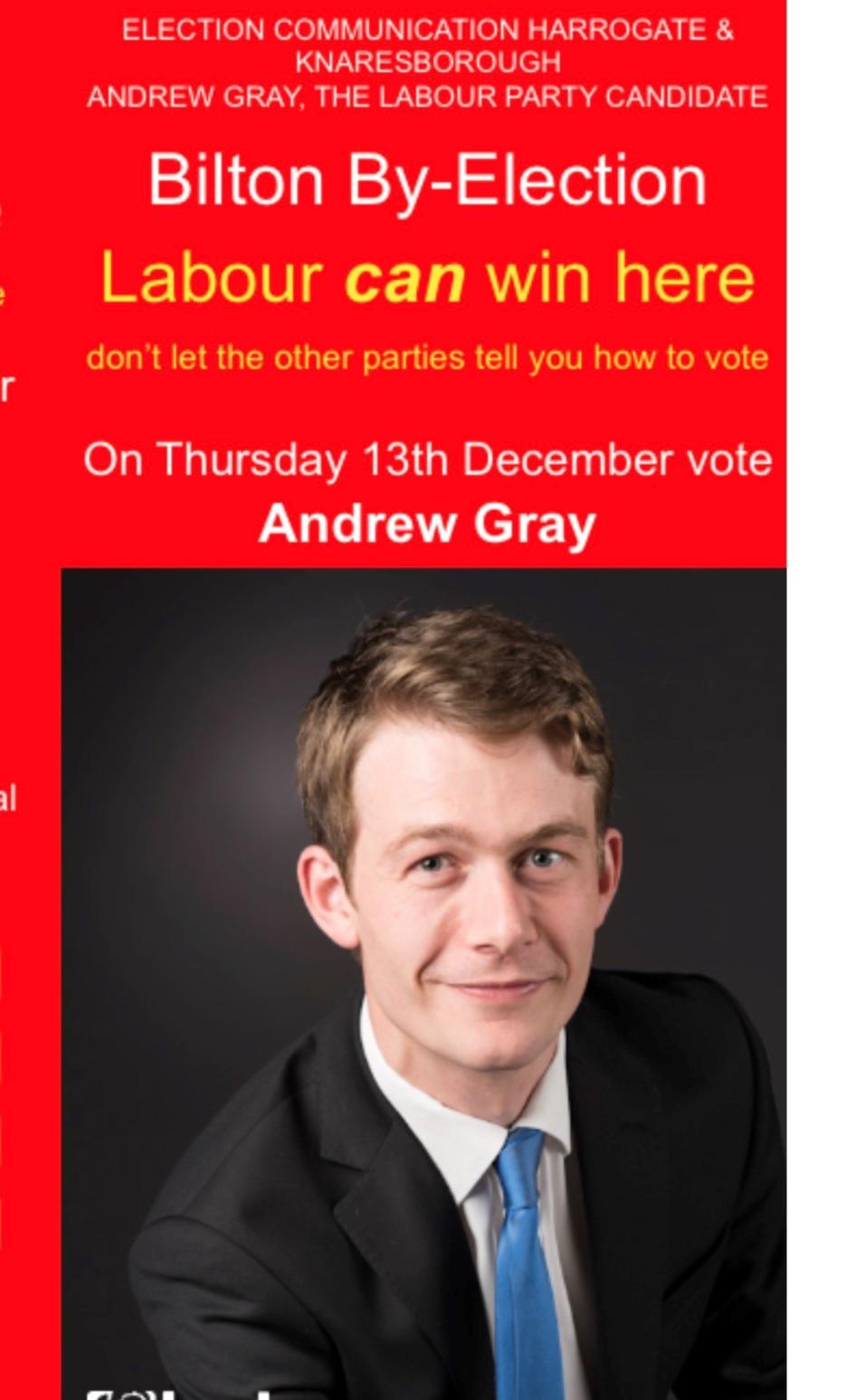This Remembrance Sunday, like every Remembrance Sunday, I remain mentally stuck. I don’t know what to think.
Growing up obsessed with military matters, I spent most of my pocket money on military books and magazines. Some of my fondest memories were of playing “army” with my friends. And as often as I could afford, I would go laser questing and paintballing. I watched countless war films. And in sixth form, when a teacher asked the class what the best way to die would be, my answer was: “Fighting for my country.”
At university, I joined the Officer Training Corps (OTC). My pathway into the army appeared set. Through fighting for my country – which was never, ever wrong – I would make the world a better place, I reasoned. Get my degree, become an officer, see the world, and fight where I was told. To the teenage me, it sounded pretty good.
The first stage in the process was to be accepted by the Army’s Regular Commissions Board (RCB), known as the pre-RCB. This was the preliminary stage, before the RCB proper. If I passed that, then I had secured a place at Sandhurst. If I had seen my plan through, I would have graduated in time for to serve in the Iraq War from 2003.
My four days of competing with other uni students on the pre-RCB, whilst being monitored at all times – particularly in how we handled our booze – was one of the toughest periods of my life. Most of my fellow students came from miliary families, already enmeshed in the culture, comfortable with the lingo. This was not my heritage, though I did know more about weapons than they did.
By the skin of my teeth, I passed the pre-RCB. I was then assigned to the Manchester and Liverpool Regiment. Memorably, I recall going to Liverpool, to a gentleman’s club, to meet a Major. After he introduced me to the great and good in Liverpool – Judges, lawyers, etc – his questions over a delicious lunch were designed to illicit whether I was, in fact, a gentleman. I suspect that public school boys like me sailed through this test, as I did.
A few weeks later, I was in the regimental barracks in Blackpool, with my own room, in the officer’s mesh. I loved the food and the free booze! Boy, were we expected to drink a lot, and every single evening. Bafflingly, the officers’ preferred nightspot was a drag night. I will say no more.
During the daytime training, we stormed buildings, whilst squaddies fired blank rounds at us; we fired a few live 120mm mortar rounds on a firing range; and in football matches we had the living daylights kicked out of us by some rough soldiers, eager to put us in our place.
Until this experience, foolishly, I hadn’t fully grasped the class system which governed the armed forces. Experienced, older soldiers had to treat me – a lowly and incompetent second year university student – as their betters. I found it most uncomfortable.
As some readers will know, I didn’t join the army and never regretted it. Looking back, there were a few reasons why I left the process. In part, it was because my degree had showed me just how much complexity there was in the world. I learned that in most domains, I knew nothing. With the realisation that the world was not black-or-white, I could see that the wars that we had fought in were not always right. How could I, therefore, potentially fight in future wars and be on the wrong side?
Frankly, I must also confess that I wasn’t brave enough to storm a building under fire. And I couldn’t imagine having the fear trained out of me. And I know this will make me sound a bit odd, but, back then, I didn’t want a wife who would want to be a miliary wife. That’s what I thought, aged 19. Don’t judge me.
Fast forward a few a years, and I was at a Stop The War demo in Manchester outside the Labour Party Conference, the highlight of which was – emotionally – meeting peace campaigner, Rose Gentle, whose son died in Iraq whilst serving in the army. After meeting Rose, together with tens of thousands of protestors, we carried out a “die-in” by sitting down on Deansgate, to simulate the lives lost in Iraq. To this day, I thought that British involvement in that war was wrong – wrong and unlawful.
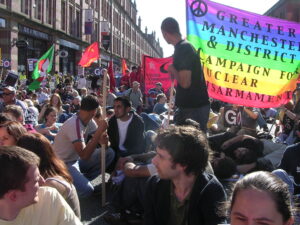
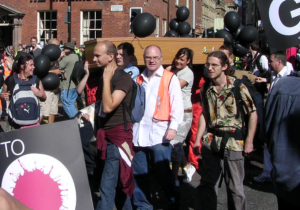
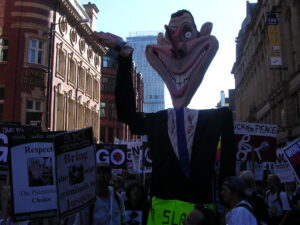
Back to today, I salute the bravery and sacrifice of people far braver than me. I celebrate the freedoms of speech and assembly, such rights which are under governmental attack. I know that the best way to honour the dead is to ensure that we don’t repeat such follies. And I look on with a mixture of pride and consternation at the militarisation of young children marching by.
And as I go to sleep tonight, I’ll meditate on this unbeatable quote from George Orwell: “People sleep peaceably in their beds at night only because rough men stand ready to do violence on their behalf.”



